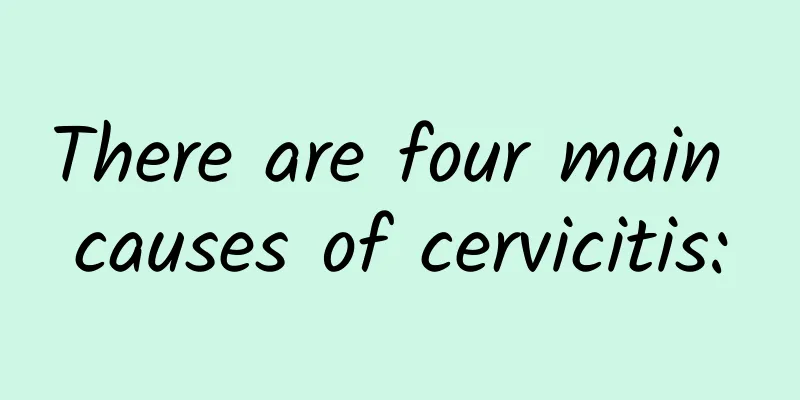Can I eat red ginseng during my menstrual period?

|
You can eat red ginseng in moderation during your menstrual period, but whether it is suitable depends on your personal constitution. Red ginseng is a warming ingredient that helps improve immunity and relieve fatigue, and may be beneficial for women with weak qi or cold body. However, due to the warm nature of red ginseng, eating it may aggravate symptoms for people who are too hot during menstruation or have heavy menstrual flow. At the same time, people who are not used to eating red ginseng or are sensitive to its ingredients need to be particularly careful. If you have symptoms such as fatigue and weakness during menstruation, you can try adding a small amount of red ginseng to boiled water or stewed soup, avoid eating on an empty stomach, and observe your own reaction. However, if you experience hot hands and feet, dry mouth or increased menstrual blood flow, you should stop using it immediately. For women whose physical condition is unknown or who cannot judge whether it is suitable or not, they can choose to eat regularly and ensure balanced nutrition. If they feel uncomfortable during their menstrual period, it is recommended to consult a professional doctor. |
<<: What drugs are used to treat uterine fibroids
>>: Can I still get pregnant if I have a cyst on the left side of my uterus?
Recommend
What are the symptoms of adnexitis?
What are the characteristics of the symptoms of a...
What are the real early symptoms of ectopic pregnancy in women?
I believe most women are familiar with ectopic pr...
How many days does it take to detect an ectopic pregnancy?
Generally speaking, ectopic pregnancy can be disc...
Can metronidazole suppositories treat cervical erosion? Five things to pay attention to when diagnosing cervical erosion
Cervical erosion is a gynecological disease that ...
Not paying attention while eating will make you fatter and increase your calorie intake by 50%
At home, parents always remind their children to ...
Gynecologists' suggestions for irregular menstruation
Irregular menstruation is one of the most common ...
Can uterine fibroids cause cancer? Can sexual dysfunction lead to uterine fibroids?
Why do many people dare not hear about diseases l...
Is it harmful for women to have an abortion during the 10th week of pregnancy? Women should pay attention to 4 points in their diet during the 10th week of pregnancy.
It is very common for women to have abortions, bu...
Overweight to over 100! Bariatric surgery: a two-pronged approach
Obesity is the root of all diseases; obesity is t...
How to prevent pelvic inflammatory disease
Pelvic inflammatory disease is a common gynecolog...
What are the dangers of adenomyosis?
Adenomyosis, also known as intrauterine endometri...
Experts explain the causes of ovarian cysts
Ovarian cysts are a type of gynecological disease...
How to do ovarian cystectomy and what to do after surgery
How is ovarian cyst removal performed? 1. Ovarian...
What to do about amenorrhea
Amenorrhea is a major problem that troubles women...
What causes Bartholinitis?
What is the pathogenesis of Bartholin's gland...









